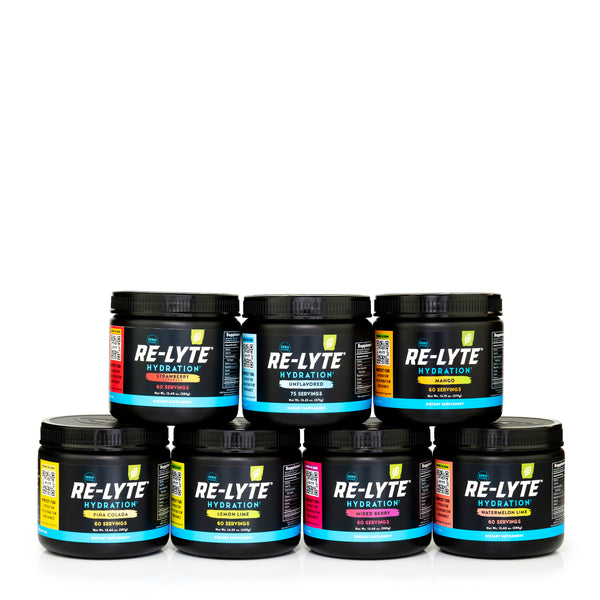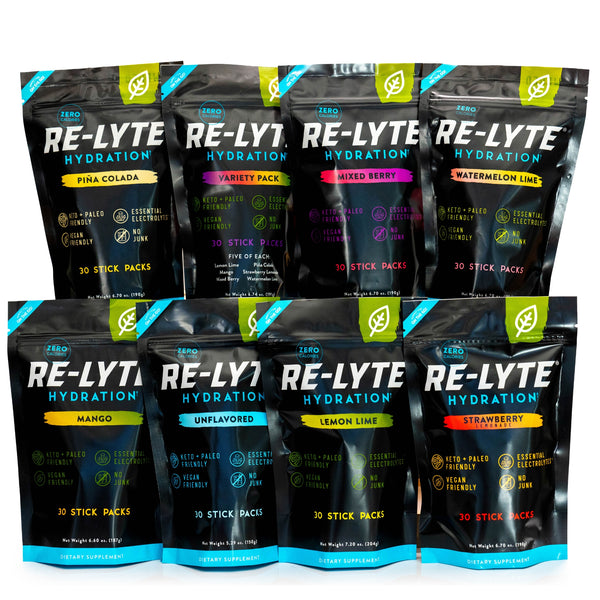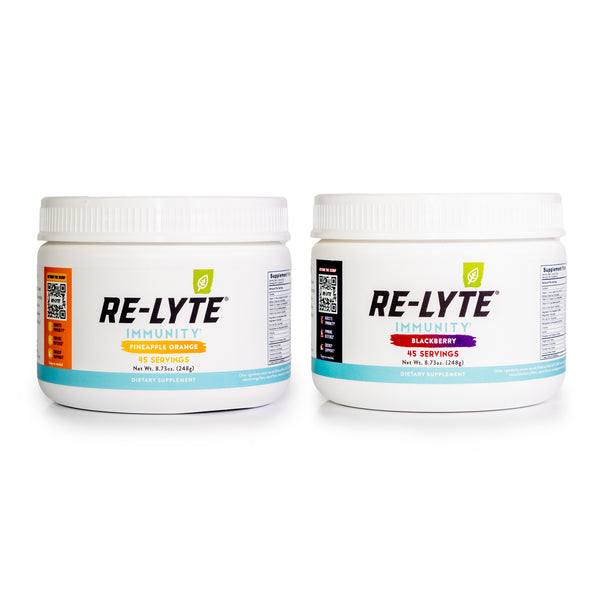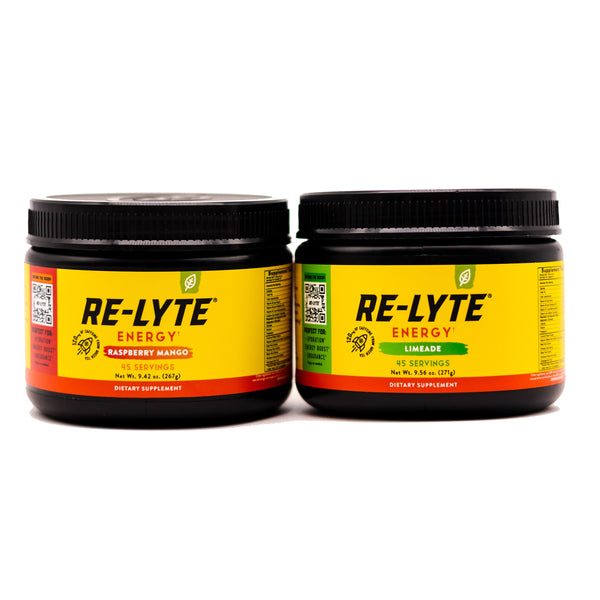Why Salt Is Totally Kosher When You’re Fasting
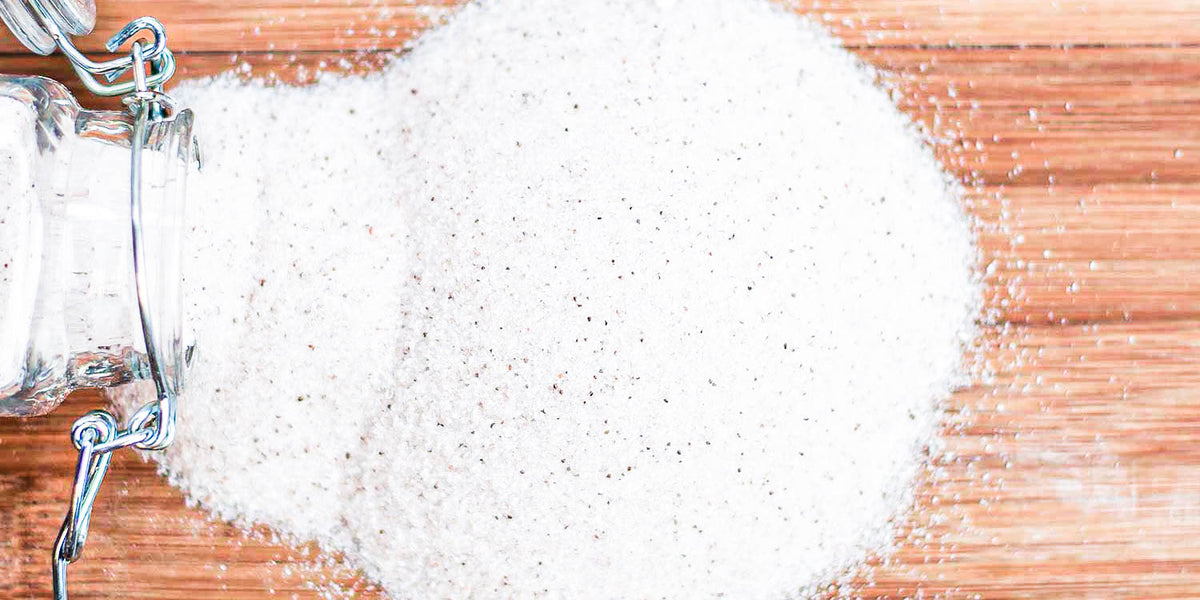
If you’re new to fasting, you probably have a lot of questions about what you can and can’t have during your fast. Should you keep taking supplements? Is it cool to drink coffee? Is matcha tea fasting-friendly? What about salt?
Here’s the simple guideline: You'll get the most from your fast if you keep calorie intake as low as possible so your body will run out of sugar to burn as fuel and start using fat instead. Aim for fewer than 50 calories.
There are a lot of benefits to using fat as energy. It can help with weight loss, lower cholesterol, balance blood sugar, trigger detoxification as the toxins in your fat get used up, release feel-good hormones called endorphins, and improve cellular health.
If you take in too many calories during your fast, your body won't need to switch away from using sugar for energy, which means you won't get these amazing benefits (and those embarrassing stomach noises your coworkers heard were in vain).
Generally, you can have up to 50 calories without sending your body soaring out of its fasting state. That means it's okay to drink a one-calorie cup of black coffee. But a 250-calorie cup of coffee filled with grass-fed butter? Not so much.
So you'll have to hold off on the Bulletproof coffee for a few days. But here’s the good news: salt is calorie-free. That means you can shake that salt shaker like a polaroid picture without breaking your fast.
"Whoop-dee-doo," we can hear you saying. "I can suck on as many salt crystals as I want for the next few days!" We're picking up your sarcasm, but here’s why you should be psyched that salt is okay to eat during your fasts.
Fasting can make you feel like a cranky, spacey weakling. Salt helps you feel more like your normal self.
When you’re not munching on mineral-rich meats and veggies all day long, your cells really start to miss the minerals they need to do their thing. And you're drinking more water when you fast, right? All that hydration will throw your electrolyte levels out of balance too. Because the more water you drink, the more essential electrolytes (like sodium, calcium, potassium, chlorine, phosphate, and magnesium) you need.
If you've tried fasting and struggled more than your salt-loving friends, this is probably the reason. Skipping meals can be tough for your mind, but skipping minerals and electrolytes is brutal for your cells – and when our cells aren't happy, nobody's happy. Mineral and electrolyte imbalances cause most of the downsides of fasting: constipation, headaches, dizziness, heartburn, muscle cramps, and more. Basically, they're the reason you might feel like a cranky, spacey weakling.
When fasting feels really hard it's probably minerals, not calories, your body needs most. Enter the hero of a well-planned fast: Real Salt.
The salt shaker at your local diner won’t do you any favors on your fast. It’s just sodium chloride that's been heavily processed. Your body needs salt that's whole, natural, and full of minerals that will fuel your cells and keep you from feeling like you’re going to faint during your mid-morning meeting. Real Salt has more than 60 trace minerals, including the “big boys” that balance your electrolyte to water ratio. It's no coincidence that the biggest names in the modern fasting movement have fallen in love with Real Salt during their fasts!
So, if you've tried fasting only to end up with headaches, bad moods, and muscle cramps, now you know the secret. Carry a Real Salt pocket shaker and add a pinch to your black coffee or water bottle – or just sprinkle it on your hand and take a lick. You'll be surprised what a difference it can make in your fasting experience. Stay hungry, our salty friend.




